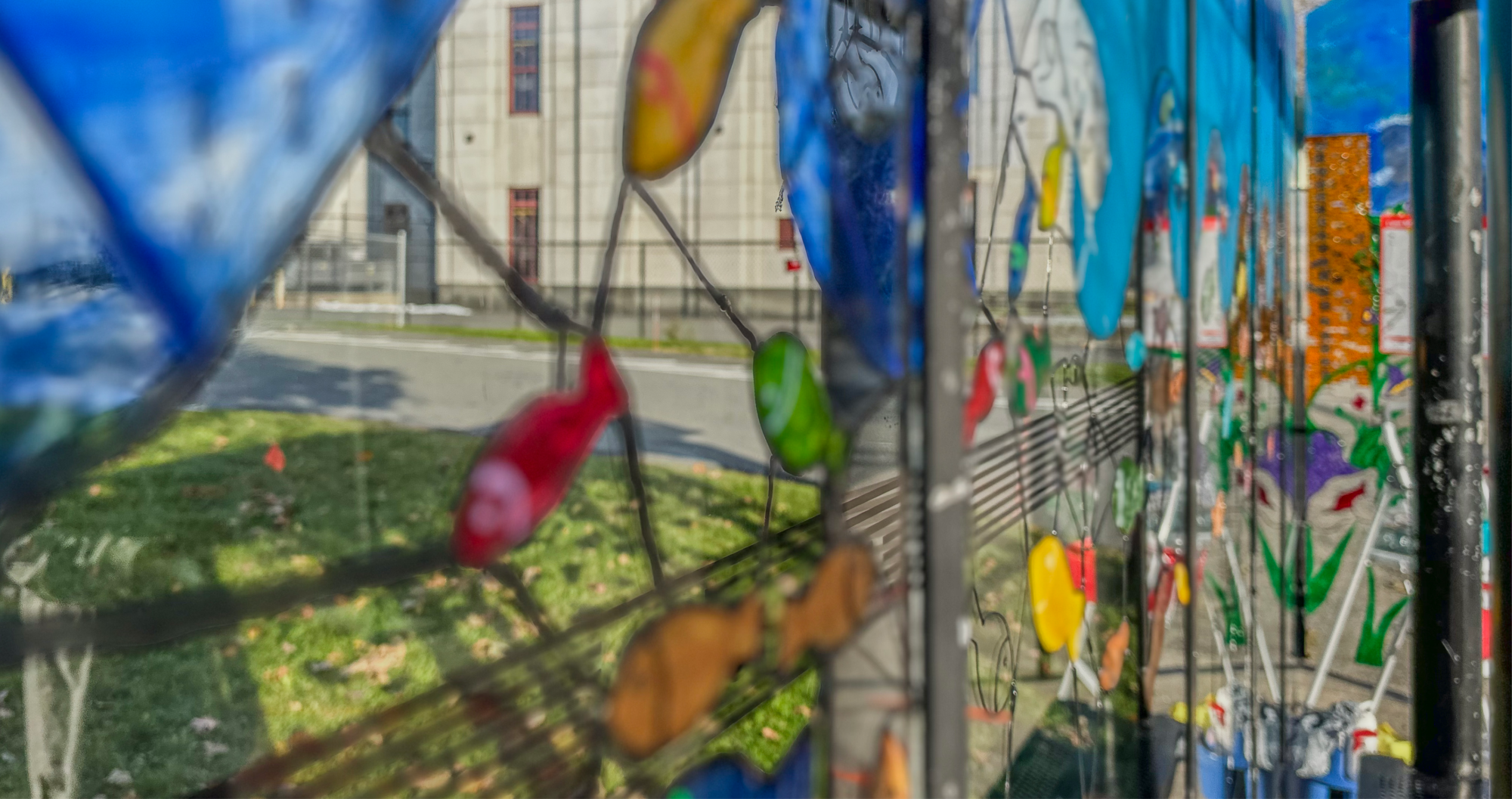
Grants Database
A breakdown of Barr's charitable support in 2024
In 2024, Barr awarded $130 million to support our partners’ work.
The large majority of Barr’s giving focuses on three program areas: Arts + Creativity, Climate, and Education. This is complemented by grantmaking to strengthen New England’s social sector, and by targeted, time-limited Special Initiatives.
Since 1997, Barr has contributed more than $1.5 billion to charitable causes. The database below displays all of Barr’s grants from the past five years, starting with the most recent. It is updated monthly.
We invite you to explore our grants using the search bar or the filters to sort by year, program, and/or strategy.
- Arts + Creativity
- Climate
- Education
- Sector Effectiveness
- Special Initiatives
- Other
Explore our grants database
Our Process and Approach
There are many pathways to receiving a grant from the Barr Foundation. Learn more about the details of our process and approach to grantmaking.